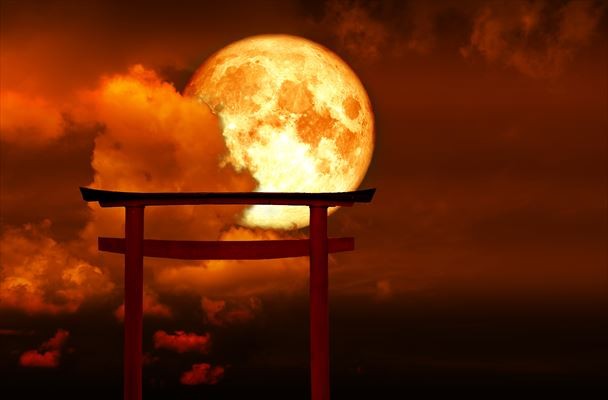
We continue with the mystery of Warabeuta! Did you know that there was a series of short horror stories based on each Warabeuta in Japan? Well, if you didn’t, be sure to read on, we will bring you to the horror that a simple song can bring!
Tooryanse

Or 通りゃんせ in Japanese. The game is played like “London Bridge is Falling Down”. But the two persons are not the bridge in Japanese version, instead, they are Torii or the gate of the shrine. As of previous article, the lyrics could be pointing toward Shichi-Go-San.
通りゃんせ 通りゃんせ
Tooryanse tooryanse
ここはどこの 細道じゃ
Koko wa doko no hosomichi ja
天神さまの 細道じゃ
Tenjin-sama no hosomichi ja
ちっと通して 下しゃんせ
Chitto tooshite kudashanse
御用のないもの 通しゃせぬ
Go-you no nai mono tooshasenu
この子の七つの お祝いに
Kono ko no nanatsu no o-iwai ni
お札を納めに まいります
O-fuda wo osame ni mairimasu
行きはよいよい 帰りはこわい
Iki wa yoi yoi kaeri wa kowai
こわいながらも
Kowai-nagara mo
通りゃんせ 通りゃんせ
Tooryanse tooryanse
The meaning: Direct translation
Let us through, let us through
Where is this narrow path?
The narrow path of Tenjin-sama
Please let us through
Those who do not have business cannot be let through
To celebrate this child’s seven of age
We come bearing an offering
The road ahead is simple, but the way back is tough
Even if it is rough
Let us through, let us through
*こわい [kowai] means "tired" in some dialect, while 怖い [kowai] means "scary".
Short Horror Story: Tooryanse
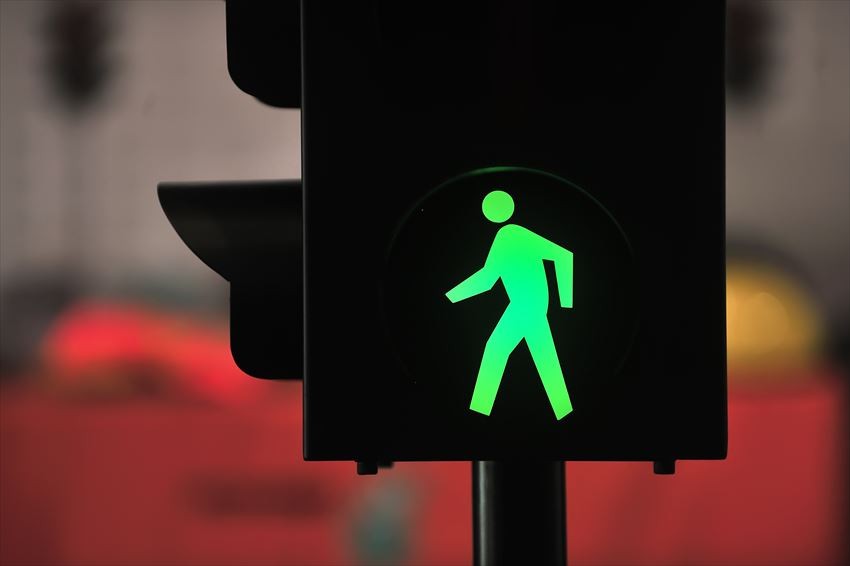
A mother was driving out of town with her son to go hiking to a shrine in the mountain. When the car stopped for people to cross at the intersection, she mentioned that in the modern time the pedestrians-crossing sounds are just beeps for people with poor eyesight. The son then asked what was before that, so the mother sang to him Tooryanse, which used to be the pedestrians crossing melody. The child seemed to like the song.
They made a stop when the mother’s cell phone rang: she got off the car and talked with some young guy on the phone and asked him if they can be together when “this is over” and if he would come to assist as promised. When they were back on the road, the son seemed to know that it was the young lover of the mother.
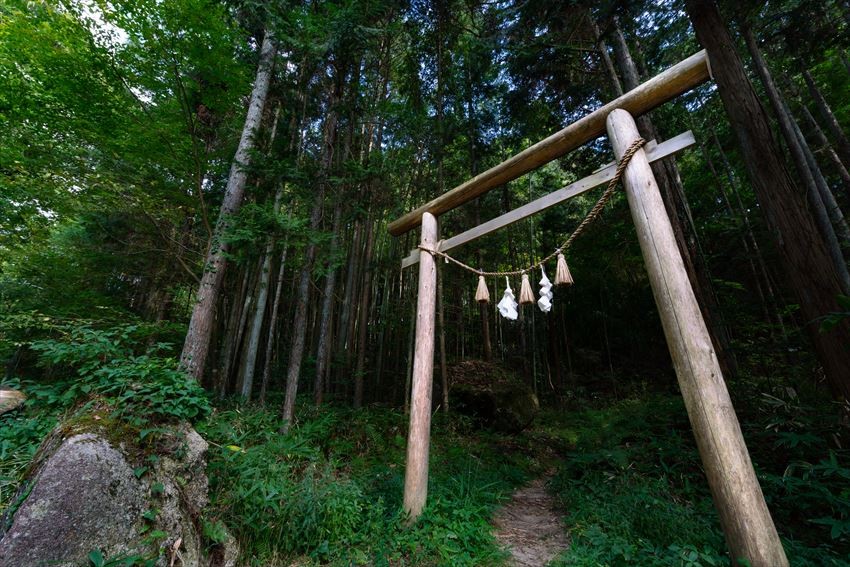
When they arrived at the mountain, the mother called her young lover, asking where he was. Surprisingly, he did not come to the promised place, so she carried on the plan alone; going up to the mountain with her son. The son sang Tooryanse on the way, until some strange old woman approached and talk to them.
The old lady asked why he liked it so much, and he said the situation fitted; he was about to turn seven, the narrow path up to the shrine also fitted, but he still was not sure about why the way back is [kowai] (scary). The old lady said the song is about people who abandon the offspring in the mountain, so the scary part was for the parents as the child’s spirit would follow them back if they ever look back. The mother dismissed the lady for telling such as scary thing to her child and proceeded up the mountain.
When the boy was enjoying the scenery from the terrace, the mother slowly approached him from behind without him realizing… determined.
“Toru! Please rest in peace! You do not belong to this world anymore! Please cross over so I can have a new start! Don’t you remember coming here last year? Please stay with the gods and don’t follow me back!”

The mother ran down the mountain without looking back and drove home in haste. When she thought she finally did it, she found her young lover hang himself in the house. She realized she must have looked back somewhere on the way, but alas, it was too late. The familiar voice interrupted her thought.
“Welcome back, mama. Don’t ever leave me again.”
Why Tenjin-sama?
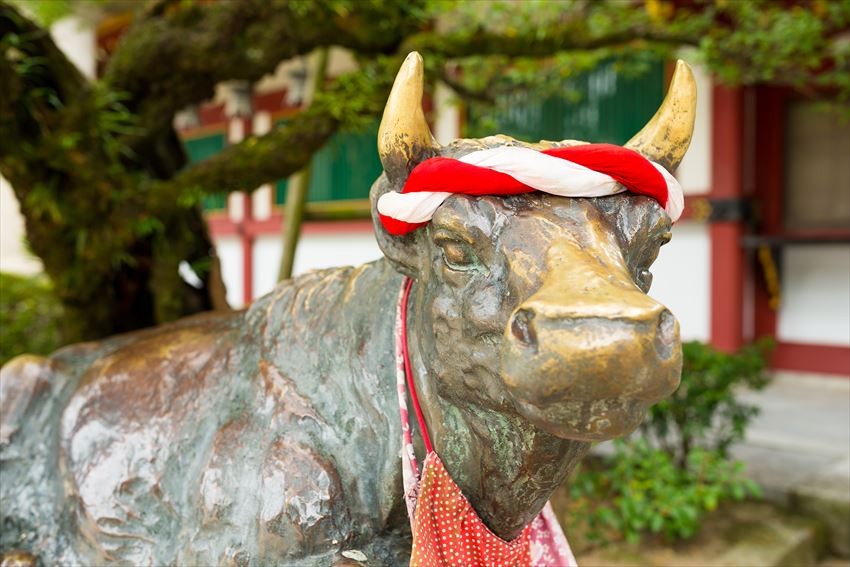
Tenjin-sama is the deity of Education in Japan, so to ask for the child’s good education would be common in modern time. However, like Taira no Masakado, Tenjin-sama was one of the Japanese Three Great Wrath, formerly known as Sugawara no Michizane, a brilliant court-noble, scholar and poet who was well-versed in Chinese scripts. Let us find out about him more next time.
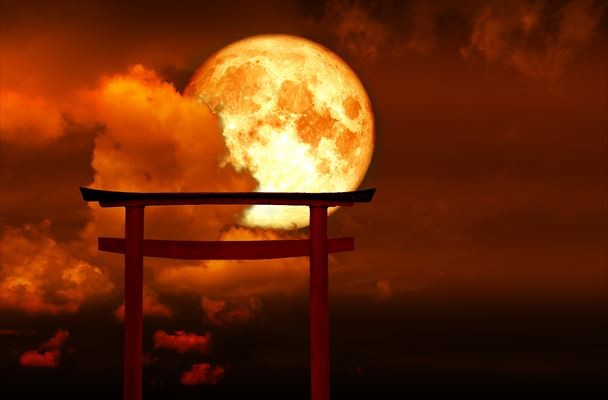
Comments